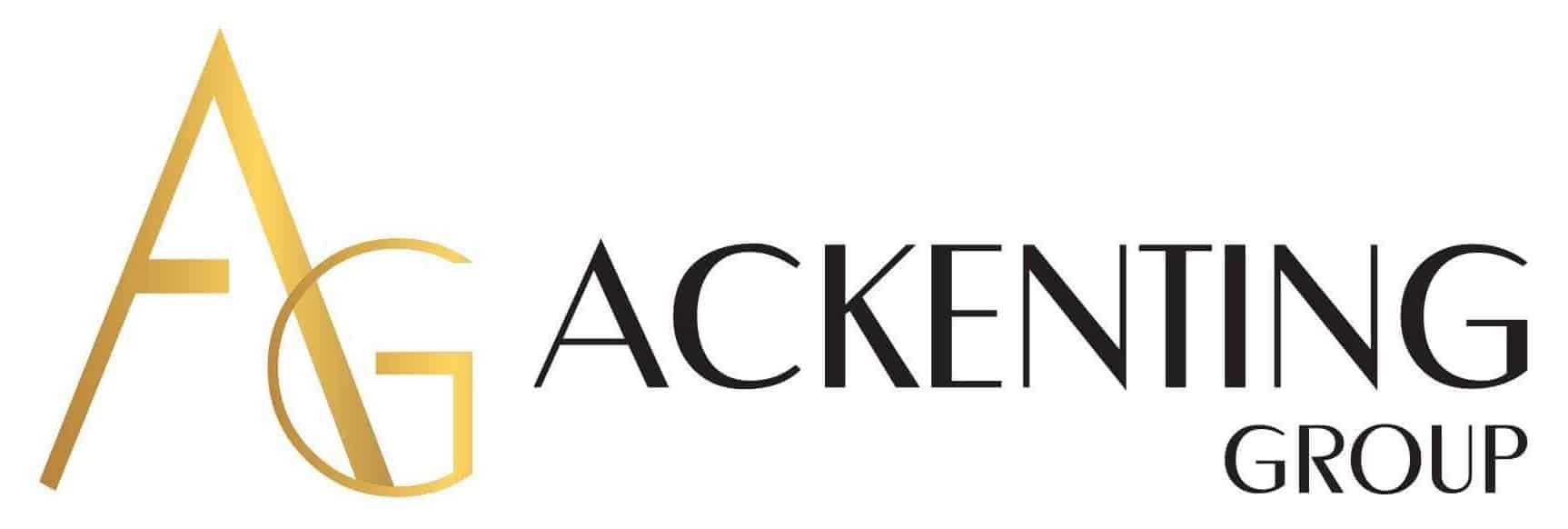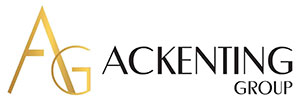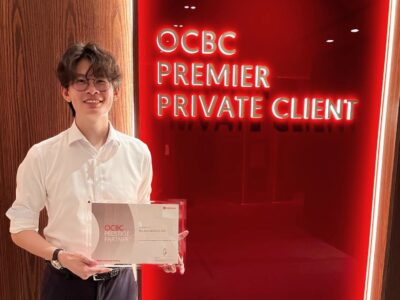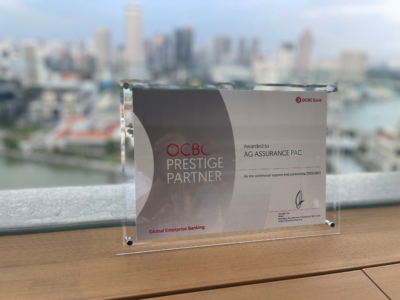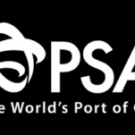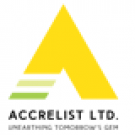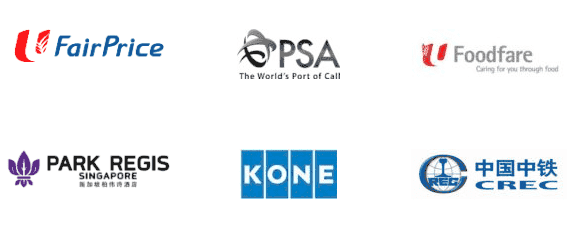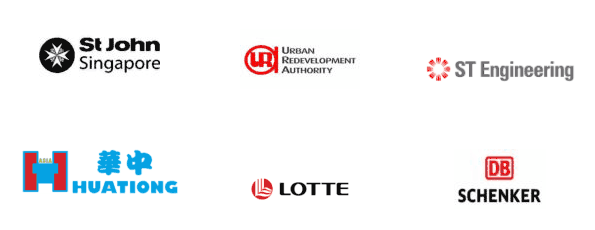Healthy cash flow is at the bedrock of a successful business. It means that the company can meet its debt obligations and fund its operations without a hitch.
Once a business attains and maintains a healthy cash flow over a period, many executives are clueless on what to do next. Below are some tips on where you can focus your resources to keep the business growing.
A Glimpse of a Healthy Cash Flow and Fixing Cash Flow Troubles
Conventionally, cash flow statements have three sections: operating activities, financing activities, and investment activities. A positive indicates that the business generated more cash than it spent on the particular part. Negative cash flow indicates the opposite.
On all sections, a positive is always better than a negative. However, a growing firm may experience a negative cash flow on the investment activities section due to the high rate of asset acquisition and capacity building. On the other hand, a business that has cash flow issues will face liquidity problems, excessive short-term debts, turn inventory faster than the average trading period. Fixing cash flow issues usually involves renegotiating with your suppliers and creditors, improving on your invoicing and collections and reducing expenses.
Advice from your accountant or an accounting company in Singapore is vital when fixing cash flow issues. If you are diligent and consistent, you will surmount the challenges and keep sailing.
However, what happens next after fixing cash flow issues and maintaining great cash flows for some time? We’ll explore more and share some tips below.
Review the Human Resource Strategy
One of the triggers of cash flow strains is high expenses. You can improve your cash flow by reviewing your human resource strategy. For instance, you may opt to outsource some departments like accounting and remain with a basic, slim staff structure. Businesses in Singapore which have outsourced accounting services report high quality, objective input that enables further growth.
Intensify Technology
Less staff on board does not mean that there’s less work. Since the business is on a growing path, it means there’s more workload. However, investing in technology, such as accounting software and other programs such as inventory management systems will enable your business to work more efficiently.
Give Incentives to Nurture and Encourage Innovation
With less staff on the payroll, you can provide more incentives and an atmosphere where innovation is valued and practiced. Also, you can encourage staffers to take up training and other capacity-building initiatives. This way, the business generates new ideas on the model, products, and operations, therefore enhancing its competitiveness.
Improve Infrastructure
One way to enhance innovation is by improving the physical environment of the workspaces. But they need to have the right tools and equipment. Therefore, further investment in infrastructure, such as high-speed internet, collaborative workspaces, and innovation hubs, will keep the figures soaring. It may cause a negative cash flow on the investments section, but the rewards are well worth it.
To conclude, cash flow challenges often surface as management hurdles. Outsourcing the accounting function to a reputable accounting firm in Singapore will help you to predict and fix the issues before they become a full-blown problem.
Should you require any assistance on accounting services, do drop us an email at johnwoo@ag-singapore.com or contact us at +65-66358767. At Ackenting Group, we also offer a free 30 minutes online consultation for us to better understand your business requirements.
